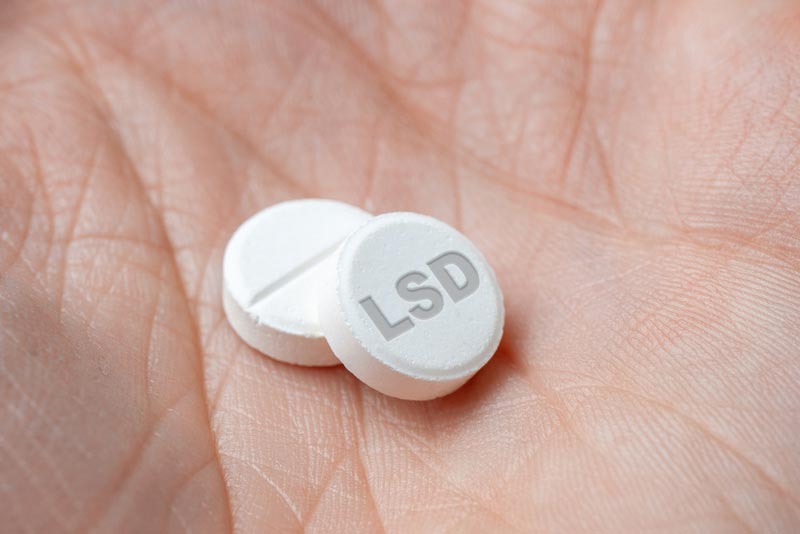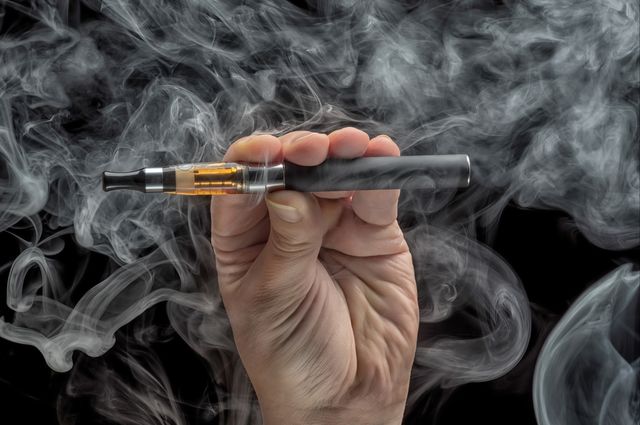
Psychedelics such as LSD, psilocybin, and DMT can produce powerful and often profound experiences. While many users report feelings of joy, connection, and insight, others may encounter what is commonly called a “bad trip.” In modern discussions, some prefer the term “challenging experience,” since these episodes can sometimes Buy LSD lead to personal growth once properly processed. However, in the moment, they can be overwhelming and even frightening. Knowing how to recognize and respond to a bad trip is essential for harm reduction and safety.
Identifying a Bad Trip
A bad trip can take many forms, but common features include:
-
Intense Anxiety or Panic: Feelings of dread, paranoia, or fear of losing control.
-
Disturbing Hallucinations: Frightening visual distortions, threatening figures, or nightmarish imagery.
-
Paranoia and Distrust: Believing others are plotting harm or that the experience will never end.
-
Confusion and Disorientation: Losing track of time, place, or personal identity.
-
Physical Distress: Racing heartbeat, sweating, or shaking may accompany the psychological struggle.
The intensity of these effects varies, but the common thread is that the person feels trapped in a negative state with no clear way out.
Strategies to Handle a Bad Trip
-
Change the Environment
Sometimes, simply moving to a calmer, safer, or quieter place can ease distress. Harsh lighting, noise, or chaotic environments can amplify fear and confusion, so shifting to a more soothing setting can help. -
Reassurance and Support
A trusted friend or sober trip sitter plays a vital role during difficult moments. Calm reassurance such as “You are safe” or “This will pass” can anchor the person in reality. Gentle reminders that the effects are temporary may reduce panic. -
Grounding Techniques
Encouraging the individual to focus on their breath, touch familiar objects, or listen to calming music can provide grounding. Physical comfort—such as a blanket or a glass of water—also helps reconnect them with the present moment. -
Acceptance, Not Resistance
Fighting the experience often increases fear. Acknowledging the sensations and emotions, rather than struggling against them, can help the individual ride out the wave more peacefully. Some therapists describe this as “surrendering” to the trip. -
Avoid Escalating Substances
Taking more psychedelics, alcohol, or other drugs in an attempt to escape the bad trip usually worsens the situation. Allowing the body and mind to process the substance naturally is safer.
After the Experience
Even when a bad trip ends, the aftermath may leave lingering emotions. Reflecting on the experience through journaling, meditation, or discussion with a trusted friend or professional can help integrate the insights gained. In some cases, what felt terrifying in the moment can later reveal valuable personal lessons.
Conclusion
A bad trip can be one of the most difficult aspects of psychedelic use, but with preparation and support, its risks can be managed. Recognizing the signs early, providing reassurance, and creating a safe environment are key strategies. While not every challenging experience leads to insight, many people find that with reflection, even the darkest moments can contribute to personal growth.

